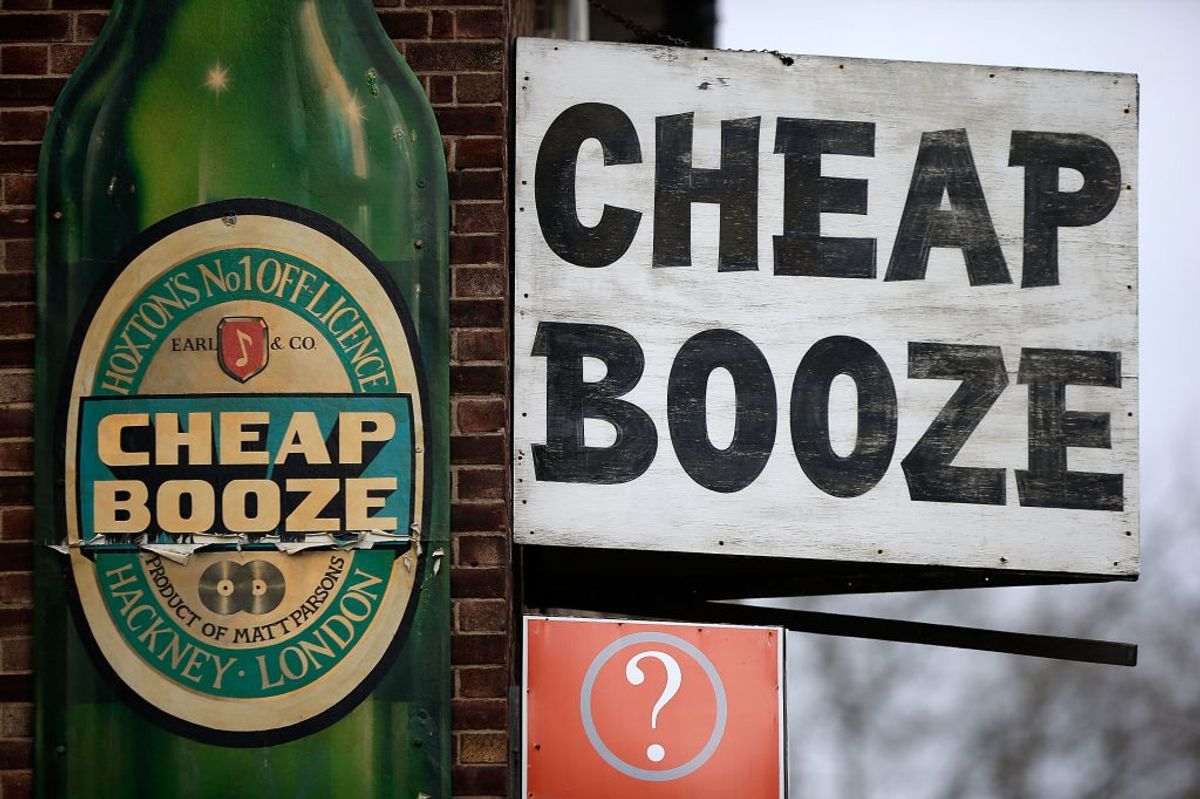- Welsh government proposes raising MUP for alcohol from 50p to 65p per unit from March 2026.
- Move aligns with Scotland and aims to preserve policy effectiveness amid rising inflation.
- Retailers have until 29 September 2025 to submit feedback to the consultation.
The Welsh Government is consulting on plans to raise the minimum unit price (MUP) for alcohol from 50p to 65p from March 2026, a move that would align the country with Scotland and mark a significant shift in alcohol pricing policy.
The proposal, published on 4 August, forms part of a wider consultation on the future of Wales’s minimum pricing legislation, which is currently due to expire in March 2026 under a sunset clause in the Public Health (Minimum Price for Alcohol) (Wales) Act 2018.
Retailers, suppliers and other stakeholders have until 29 September to respond to the consultation.
According to the Welsh government, raising the MUP to 65p is necessary to maintain the effectiveness of the policy in reducing alcohol-related harm and to account for inflationary pressures that have eroded the real-terms impact of the 50p rate since it was introduced in 2020.
“Since we brought minimum unit pricing into place there has been a pandemic, a cost-of-living crisis and high inflation,” Sarah Murphy, Welsh minister for mental health and wellbeing, said.
“Despite all of these, research through independent evaluations has shown the policy, which is not a tax, has had a positive impact and has helped reduce levels of harmful drinking.
We’re consulting on raising the level as high inflation has made the 50p rate ineffective and reduced its value in real terms to 39p in 2020 prices. Due to this it is no longer significantly influencing the price of the cheapest alcohol and we need to review it.”
Proposal informed by impact studies and stakeholder input
An independent suite of evaluations commissioned by the Welsh government concluded that the existing 50p MUP had led to a decline in sales of cheap, high-strength alcohol, increased compliance across the retail sector, and positive changes in consumer behaviour – without evidence of widespread substitution to other substances or significant cross-border shopping.
However, the 50p rate has lost value over time. The consultation notes that, using inflation measures, the real value of the 50p rate has fallen to the equivalent of 39p in 2020 terms. Meanwhile, 94 per cent of all alcohol sold in Wales is now priced at 60p per unit or above, including products purchased by heavy drinkers. This means the 50p threshold is no longer significantly shaping the price of the cheapest products.
"Raising the minimum unit price is expected to further reduce alcohol consumption, especially in deprived areas," the consultation states. "It is expected to decrease harmful drinking while encouraging more people to drink at moderate levels."
Modelling carried out by the University of Sheffield's Sheffield Addiction Research Group estimates that a rise to 65p could reduce the number of hazardous drinkers in Wales by over 6,000 and harmful drinkers by nearly 5,000. It also projects a long-term reduction of 902 alcohol-related deaths over 20 years, including 22 fewer deaths in the first year alone.
Retail impact and alignment with Scotland
The proposal to raise the MUP to 65p mirrors a similar move made by the Scottish government in September 2024. Stakeholders consulted earlier this year highlighted the benefits of aligning pricing policy across the two nations, particularly for national retailers and suppliers managing cross-border operations.
Some retail and health groups also recommended a gradual increase over time to help the policy remain responsive to inflation without causing sudden market disruption.
While the consultation highlights the public health rationale for the price increase, it acknowledges the potential impact on consumers and businesses. Raising the threshold to 65p would still avoid affecting premium alcohol products, which would likely be caught by any higher MUP such as 70p or 75p. The Welsh government is not proposing any rate above 65p at this stage.
The current formula used to calculate the MUP is:
MUP (65p) x %ABV x volume in litres = minimum retail price.
This formula applies to all alcoholic products sold in Wales by volume and strength, including own-label and branded products across categories.
Enforcement and compliance
Since the introduction of the MUP in March 2020, enforcement has been led by local authorities via Trading Standards Wales. Over 3,000 inspections have been carried out, resulting in just six fines – a figure that the government says points to high levels of compliance.
The Welsh government insists that enforcement will remain proportionate and focused on engagement, not punishment. However, supplying alcohol below the statutory MUP remains a criminal offence under the Act.
Wider alcohol harm reduction strategy
The MUP policy sits within a broader alcohol harm reduction framework, which includes the Welsh government’s £67 million annual spend on substance misuse. Of this, £41 million is allocated to regional Area Planning Boards for service commissioning and delivery.
Alcohol remains the most problematic substance in Wales, accounting for 562 alcohol-specific deaths in 2023 – a 17.6 per cent increase on the previous year and a 52 per cent increase since before the COVID-19 pandemic.
The government argues that raising the MUP is essential to reversing these trends and reducing the burden on NHS and public services.
Retailers are urged to take part in the consultation, particularly as the change could influence pricing strategies, range planning and shelf-edge promotions in stores. The consultation also seeks views on the potential impacts of a higher MUP on protected groups and use of the Welsh language.


